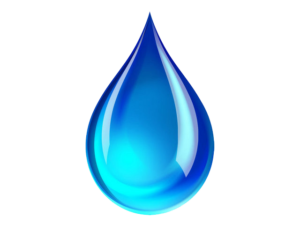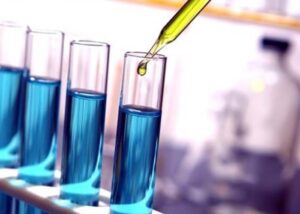Food thickener usually refers to can dissolve in water, and under certain conditions fully hydrated to form thick, greasy solution of macromolecular material, also known as food glue. It is an important food additive which has a wide range of uses in the food industry and is used as a gelling agent. Food additives that improve the physical properties or organizational status of food and make food sticky and slippery. Thickening agent can also play an emulsifying and stabilizing role.
Food thickeners usually mean they dissolve in water, right? And under certain conditions fully hydrated to form thick, greasy or gel liquid macromolecules, also known as food glue. It is an important food additive widely used in food industry. It is used as gelling agent, thickener, emulsifier, film forming agent, water holding agent, adhesive, suspension agent, crystal blocking agent, foam stabilizer, lubricant and so on.
The amount of food thickeners that need to be added to food is very small, usually in the dry fraction, but can effectively and economically improve the stability of the food system. Most of its chemical components are natural polysaccharides and sanitary products (except gelatin is composed of amino acids), widely distributed in nature.
Type of thickener
According to the chemical structure and composition of thickeners, they can be divided into polysaccharides and peptides. Polysaccharide thickeners include cellulose, pectin and so on, which are widely distributed in nature. Polypeptide thickeners are mainly gelatin, which has limited sources and high prices.
According to the ionic properties of thickener can also be divided into two categories, namely ion thickener, such as sodium carboxymethyl cellulose; Nonionic thickener, such as propylene glycol sodium alginate, hydroxyl propyl starch, etc.
According to the source of thickening agent, it can be divided into natural thickening agent and synthetic thickening agent. Among them, natural thickening agent can be further divided into animal thickening agent (gelatin, etc.), plant thickening agent (guar bean gum, pectin, AGAR, carrageenan, etc.), microbial thickening agent (xanthan gum, etc.) and enzyme processing thickening agent (enzyme hydrolysis guar bean gum, etc.) four categories. Synthetic thickeners are mainly modified cellulose, propylene glycol alginate and xanthan gum.
Classified by thickener relative molecular mass, has low molecular thickener and polymeric thickener: among them, the low molecular thickening agent and polymer thickener can be further classified by its molecules containing functional groups in, there are mainly inorganic thickener, fiber, fatty alcohols, fatty acids, ethers, polyacrylate and association type polyurethane thickener etc.
thickening mechanism
Cellulose thickener
The thickening mechanism of cellulose thickener is that the hydrophobic main chainof cellulose thickener molecule is associated with the surrounding water moleculesby hydrogen bond, which improves the fluid volume of the polymer itself, reduces the space for free movement of particles, and thus improves the viscosity of the system. The viscosity can also be improved through the winding of molecular chains, which shows that there is high viscosity at static and low shear, and low viscosityat high shear. This is because at static or low shear rate, the cellulose molecular chain is in a disordered state, resulting in high viscosity of the system. At high shear speed, the molecules are arranged in order parallel to the flow direction, and are easy to slide each other, so the viscosity of the system decreases.
Natural glue thickener
The thickening mechanism of natural glue thickener is through the interaction of three hydroxyl groups in the sugar unit of polypolysaccharide with water molecules to form a three-dimensional hydration network structure, so as to achieve the effect of thickening.




